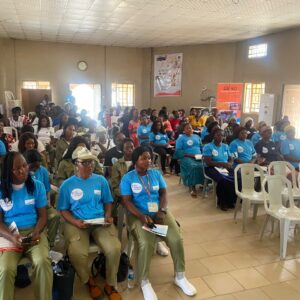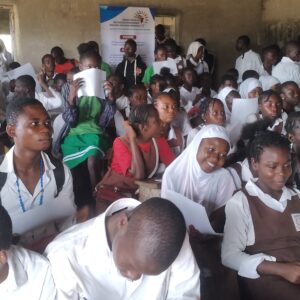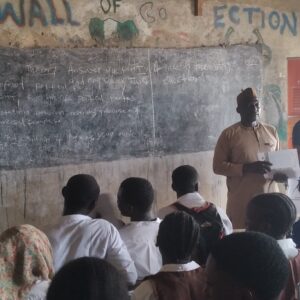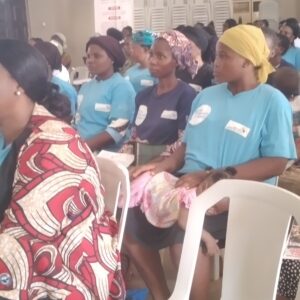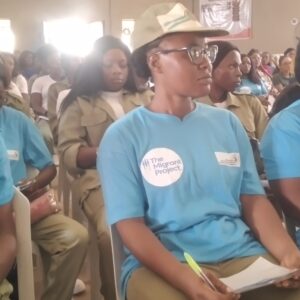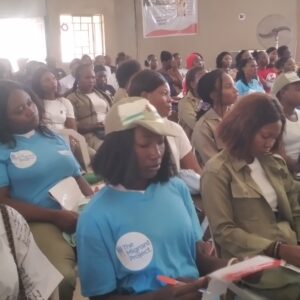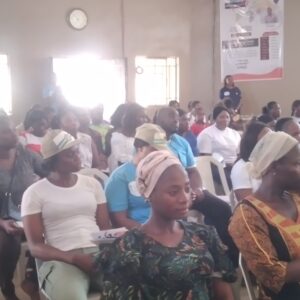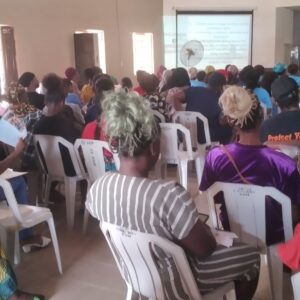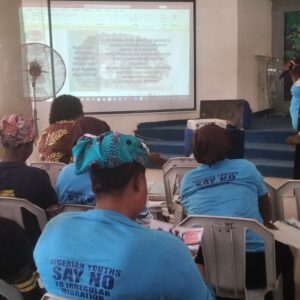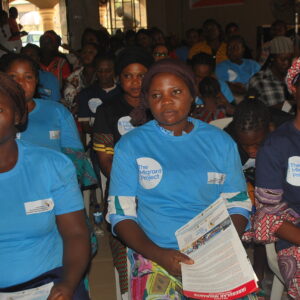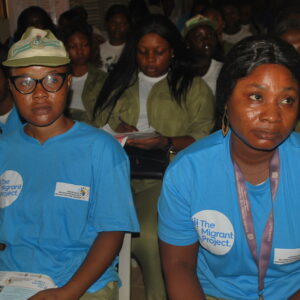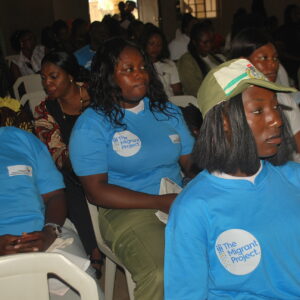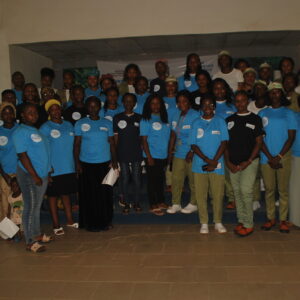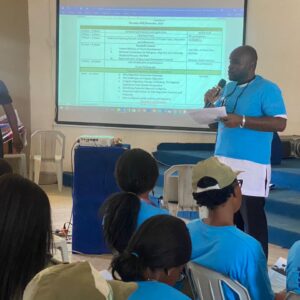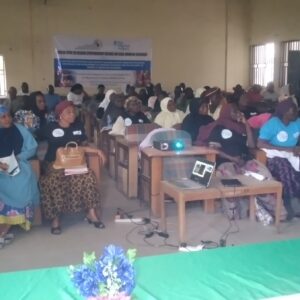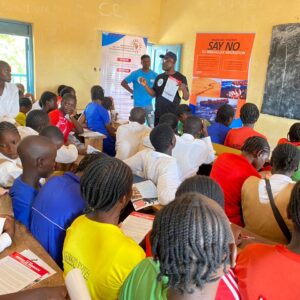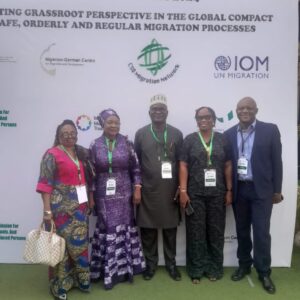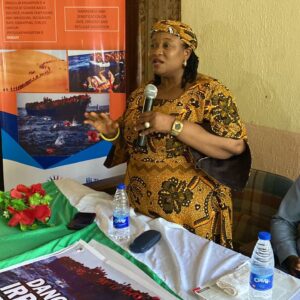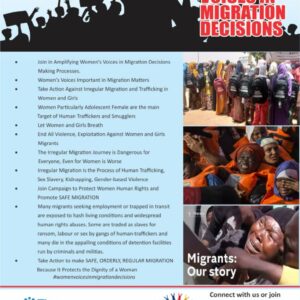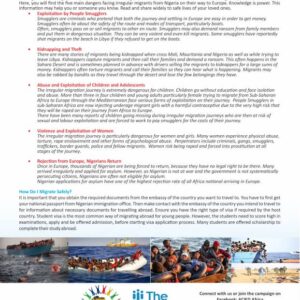The Migrant Project
Strengthening Women Voices in Migration Decisions, Capacity on Developing Advocacy/Influencing Strategies and Promoting Regular, Safe Migration Pathways in Nigeria
Project Overview
ACIEDafrica, in collaboration with the National Commission for Migrants, Refugees and Internally Displaced Persons (NCFMRI) and the Federal Ministry of Youth Development, organized capacity building activities in Nasarawa and Kaduna States, and Abuja Federal Capital Territory.
Project Outcomes
- Increased Use of Regular Migration Pathways
- Informed decisions based on accurate and current information about regular migration channels.
- Empowered Nigerian Youth and Workers
- Particularly young females actively participated in promoting safe migration practices and advocating for migrants’ rights within their communities.
- Reduced Ignorance and Myths Around Migration
- Aggressive public awareness activities were implemented to enhance Nigerian youth’s understanding of migration issues.
- Achievements included strategic stakeholder engagements, online debates/essay competitions, celebrity advocate engagements for robust social media campaigns, and traditional media advocacies.
- Government Engagement
- Advocacy efforts focused on addressing the root causes of irregular migration by pushing for policies and initiatives that create an enabling environment for youth in safe and regular migration.
- Strengthened Community Platforms
- Established and reinforced community-level platforms that promote safe migration pathways and combat child trafficking.
- Sensitization and Awareness Campaigns
- Conducted sensitization sessions in 8 communities and 14 schools to educate on the dangers of irregular migration and the deceptive tactics of child traffickers.
- Systemic Policy Change
- Supported initiatives that integrate the engagement of women in the migration policy design process.
- Enhanced Advocacy for Women’s Rights
- Increased advocacy for the Nigerian government’s adherence to national laws on women’s rights as well as to international conventions and agreements related to migration.
- Boosted Women’s Self-Efficacy
- Empowered women to participate more actively in migration decisions.
- Shift in Attitudes and Beliefs
- Influenced positive changes by addressing unhelpful norms that contribute to irregular migration decisions among women and youth.
Have a question or need more information?
Contact us today—our team is ready to help with any enquiries you may have.
QUICK LINKS
PROJECTS
4 THEMATICS
ALL CONTACTS
- Suite C-034 H&A Plaza, along Olusegun Obasanjo Way, Wuye District Abuja-Federal Capital Territory, Nigeria
- +234 906 202 2245
- info@aciedafrica.org, aciedafrica.ng@gmail.com
- Copyright © 2025 ACIEDafrica. All Rights Reserved.

